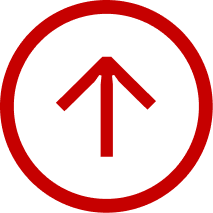The design delivery has forever changed. The hundred years of static graphics now transforming into dynamic and forever-changing environments driven by constantly adopting parameters that update 100 times before the design idea is even finished.

Still on Excell?
Our product design delivery is fully automated and tailored to our partner.
Our speciality is making design and impact the bottom line of your product or service in the most effective way. With that, we have developed a method that has successfully helped dozens of designers around the world deliver value propositions in a shorter period of time with a higher quality – here is why.
Design at Scale™
Product Design
Delivery
Methods or frameworks
in place
Impact on the
team delivery
Design Methodology
Observing, analysing, and documenting all we can into a fully comprehensive experience map allows my teams to answer the right question in the context of the proposition.

Hey there, this is the default text for a new paragraph. Feel free to edit this paragraph by clicking on the yellow edit icon. After you are done just click on the yellow checkmark button on the top right. Have Fun!

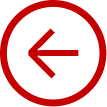
1.0
Understanding the business's communication patterns and pitfalls help me design the product and the process around it. That largely depends on the design communication. Especially when and what is communicated and how.
1.0
The quality of the team defines how the product will be executed and integrated within the business or unit. Therefore, it is vital to building alliances and co-ownership with other parties that will eventually take over the product or service to BAU.
1.0
Technology stays at the forefront of every company. Therefore, decisions about flexible technology and software implementation that supports creativity and automates mundane tasks are indispensable in building a creative product design team.
1.0
Operations finally tied this all together into one comprehensive system (method) how one company differentiate from the other. It’s sad to see when companies copy other companies' operation models without knowing their own IP.
More does not necessarily mean better. Questioning quality over quantity always saved us over 30% of the budget. In the era of automation, we can outsource 40-60% of our tasks to IFTTT engines and focus on creativity, behaviour, mental models and testing.

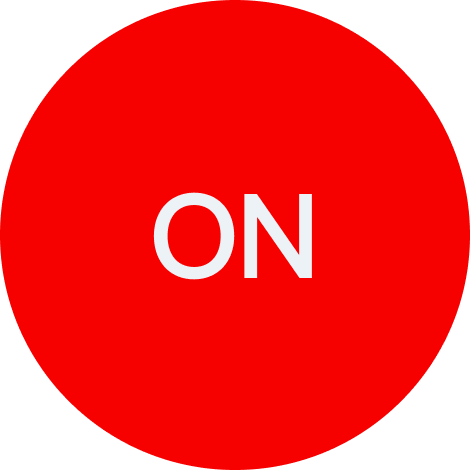
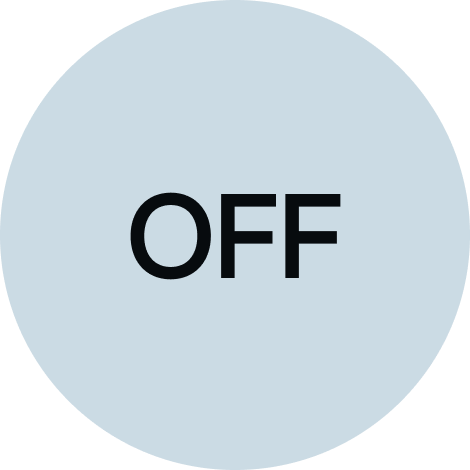
01_
Modular System
Defined Modules
Flexible Approach
Fast to Implement
Easy to Change
03_
Defined outputs Measurable outcomes
Transparent management
Coaching Included.
02_
Defined Outputs Measurable Outcomes
Transparent Management
Coaching Included
Automated Design
04_
Low-cost
Quick Addoption
Immediatte results
Scalable
It is my belief that it is of the very essence of every problem that it contains and suggests its own solution.
I believe this to be natural law. Let us carefully examine the elements. Let us search out this contained suggestion, this essence of the problem.
/Y25
Practical
2/4
The combined knowledge of the agency and in house design team brough to you in a set of three coaching programmes that helps individuals and teams to thrift in the environment of change
Theory
3/4
Our ambition for the magazine is to question and stress-test these methods under the delivery while providing alternative options, suggestions, and case studies representing a unique point of view on integrating design function.
Method
4/4
The DaS™ coaching is supported by the online Figma channel to provide full and comprehensive support to all participants across the design strategy, planning and implantation while focusing on the product design delivery.
To a tailored list of meaningful snippets that help design
leaders manage their daily challenges at scale.
All brands and trademarks presented on Design at Scale™ website are owned by their relevant companies or agencies. The projects represent collaborations between designers, developers and product owners. Do not copy or publish any of the projects shown here without writen approval from Design at Scale™ (alternatively GIVE™, 9V™) and/or relevant companies and agencies.

